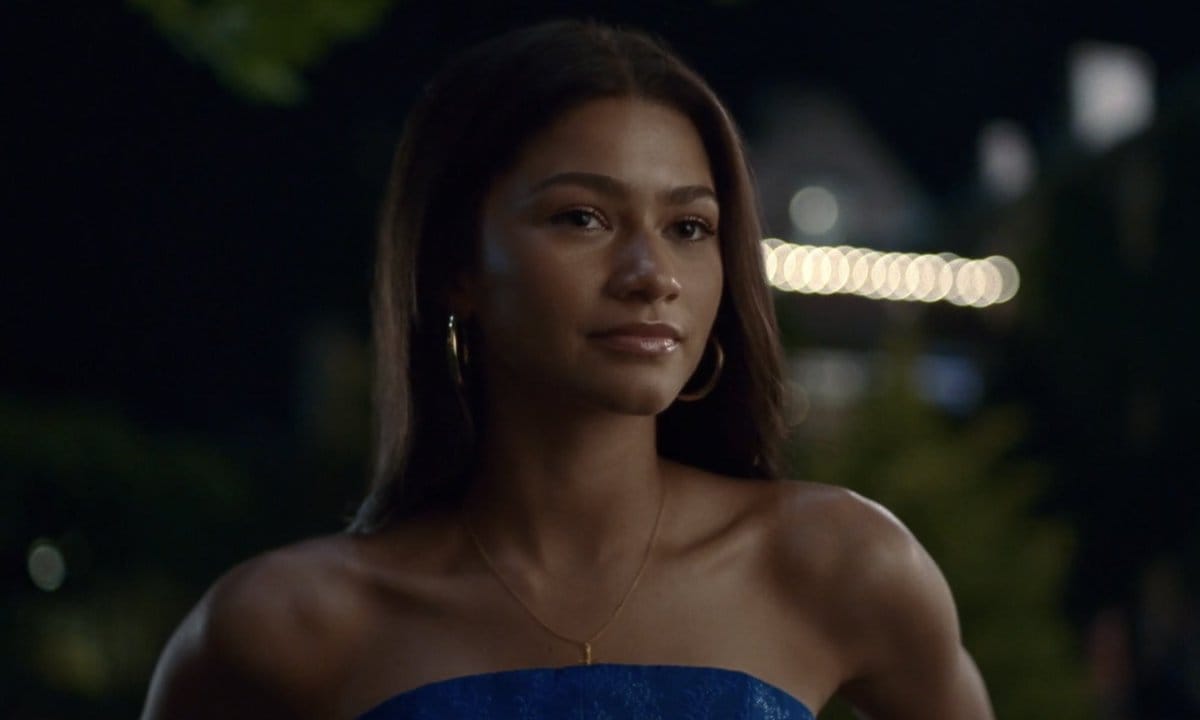By Anna Luna, Third Year, Politics and International Relations.
Teenage tennis duo Patrick (Josh O'Connor) and Art (Mike Faist) have their world and relationship rocked when they meet enthralling Tashi Duncan (Zendaya) at a tournament. A hotel room kiss sets the scene for the three-way dynamic that torments and drives them for the next two decades.
After a knee injury in university, Tashi must resort to coaching. While she may not be on court, she maintains control of the match that is happening off-site between the characters, and on-site of Art and Patrick's professional evolution. This culminates in a final match, which partly opens the film, that intersects a competitive performance of slow-mo and close-up shots, with the trio's most important conversation, that happens to comprise no words.

Trent Reznor and Atticus Ross' score plays its own part in the film, electrifying every scene, pumping the plot and stakes through the viewers' veins. The choice of techno catches one off guard, especially for a Guadagnino production, but it becomes the necessary other half of Challengers. And after their Academy Award for The Social Network's (2010) score, it is no surprise that their signature electronic ambient brought the tension of the film to life. This is perfectly synchronised with Marco Costa's editing, who has worked before on multiple Guadagnino projects, making it impossible to look away from the screen.
Zendaya's performance does its job, however, it doesn't feel much different to the anger and obsession she portrays in Malcolm and Marie or Euphoria. Faist is perfect in his sweet and puppy-dog-like smirk. However, the real standout is O'Connor as Patrick. His intoxicating grin speaks more than any piece of dialogue, and sets the characters, and the audience, on edge.

'I'm no homewrecker', one of Tashi's first statements, and famous last words. Love triangles have dominated screens forever, but the world triangle is misleading; most of them consist of two parties pining after a third. Challengers, however, features three teams playing, with attraction bouncing off every direction like the tennis balls off their rackets. Guadagnino continuously masters slow burns and forbidden intimacy and sensuality, without ever showing much sex on screen. Challengers is no exception. Desire pervades the game and the players, and to this statement, one could ask 'are we talking about tennis?', as the characters often do with each other. And in Tashi's words, 'We're always talking about tennis.' But not really.
The passion is palpable at every grunt the men let out while hitting a ball. Every physical sound in the film, every bandage being removed, has had its volume amped up, to create a cinematic ASMR. Guadagnino has managed to make the sexiest movie of the year, with no sexual on-screen depictions.
What did you think of Challengers?








